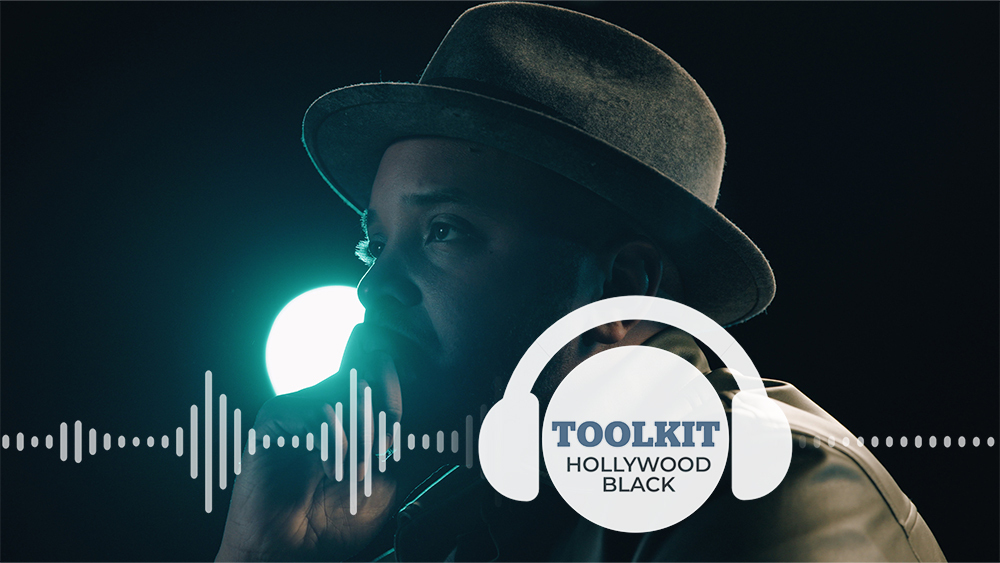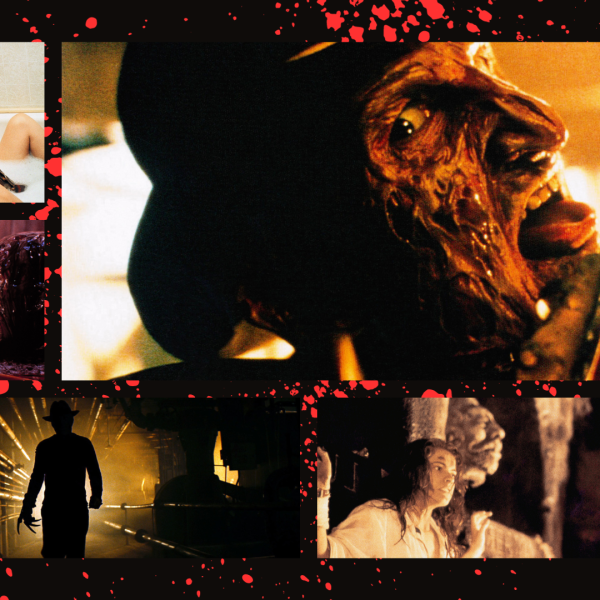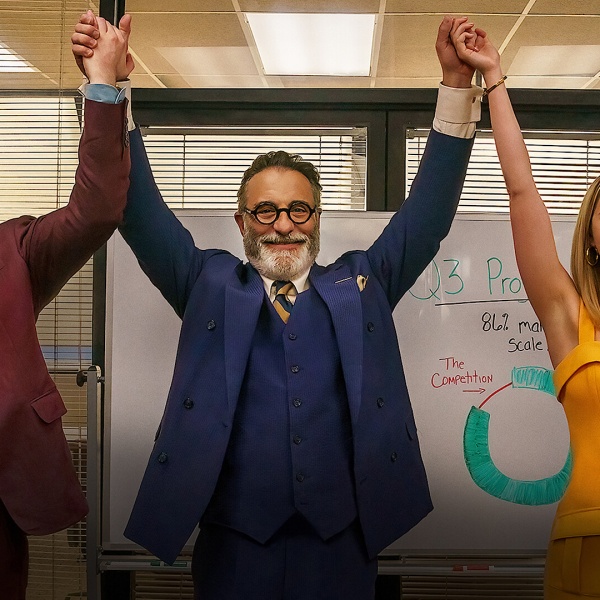Right at the start of “Hollywood Black,” director and narrator Justin Simien (“Dear White People”) makes a point that is missing from how we are taught film history.
“Every time Hollywood tries to reinvent itself or expand its reach, it tends to do so with Black bodies, consciously or not,” said Simien, who expanded on the point when he was a guest on IndieWire’s Toolkit podcast. “There was always this fascination and desire to appropriate Black culture in cinema. It is there from the very beginning.”
Once historians like Donald Bogle opened Simien’s eyes to this perspective, he saw it at every turning point in Hollywood’s history. Minstrelry was at the foundation of early one-reelers. The Black silent clown Bert Williams laid the groundwork for how performers like Charlie Chaplin transitioned from stage to screen.
Racism and Black faces were inherent to a movie that changed the business (“Birth of a Nation”) and another that ushered in the technical innovation of sound (“The Jazz Singer”). Slave narratives were the basis of sci-fi blockbusters. Hollywood repeatedly appropriated Black culture and cinematic innovation throughout its history, but Simien said he found it empowering to learn that and it changed his perspective on his place as a filmmaker.
“The profound shift in my thinking is I went from feeling like an outsider who was not able to break my way into this thing that was unfathomable — the cinema invented by like Thomas Edison and Lumiere Brothers and all these white people — and then the more I read the history, it was like, ‘No, this was our land first,’” said Simien on the podcast, which you can watch in its entirety at the video on the top of the page, or on YouTube.
There was also the discovery of the work itself, much of it having fallen through the cracks of history or lost to poor preservation. Simien found nuance and poignancy in the work of Williams, the surviving “Race Films” (Black-made stories made for a Black audience in pre-World War II segregated movie theaters), and subtle masterpieces like “Sidewalk Stories” and “Symbiopsychotaxiplasm” that projected a different side of Blackness than what he saw on the big screen growing up.
“I am angry and I am so shocked because it’s not what you think, it’s not what you were conditioned to believe,” said Simien. “What’s there when you finally uncover it is [so] sophisticated, so brilliant, you can’t believe this was somehow erased or removed from the timeline.”
On the podcast, Simien delved into some of his most significant discoveries and dove into topics like the duality of Eddie Murphy’s rise as a Hollywood star — the comedian’s ability to make white audiences comfortable while delivering something quite a bit more radical for the Black audience — and how the explosion of Black-made films in the 1990s, following the success of “Boyz n the Hood,” became a double-edged sword. Simien also talked about how directors like himself, Ava Duvernay, Ryan Coogler, Barry Jenkins, Gina Price-Bythewood, and Jordan Peele found creative freedom to tell a wider range of stories than their predecessors.
Episode 4 of “Hollywood Black” premieres on MGM+ September 1.





